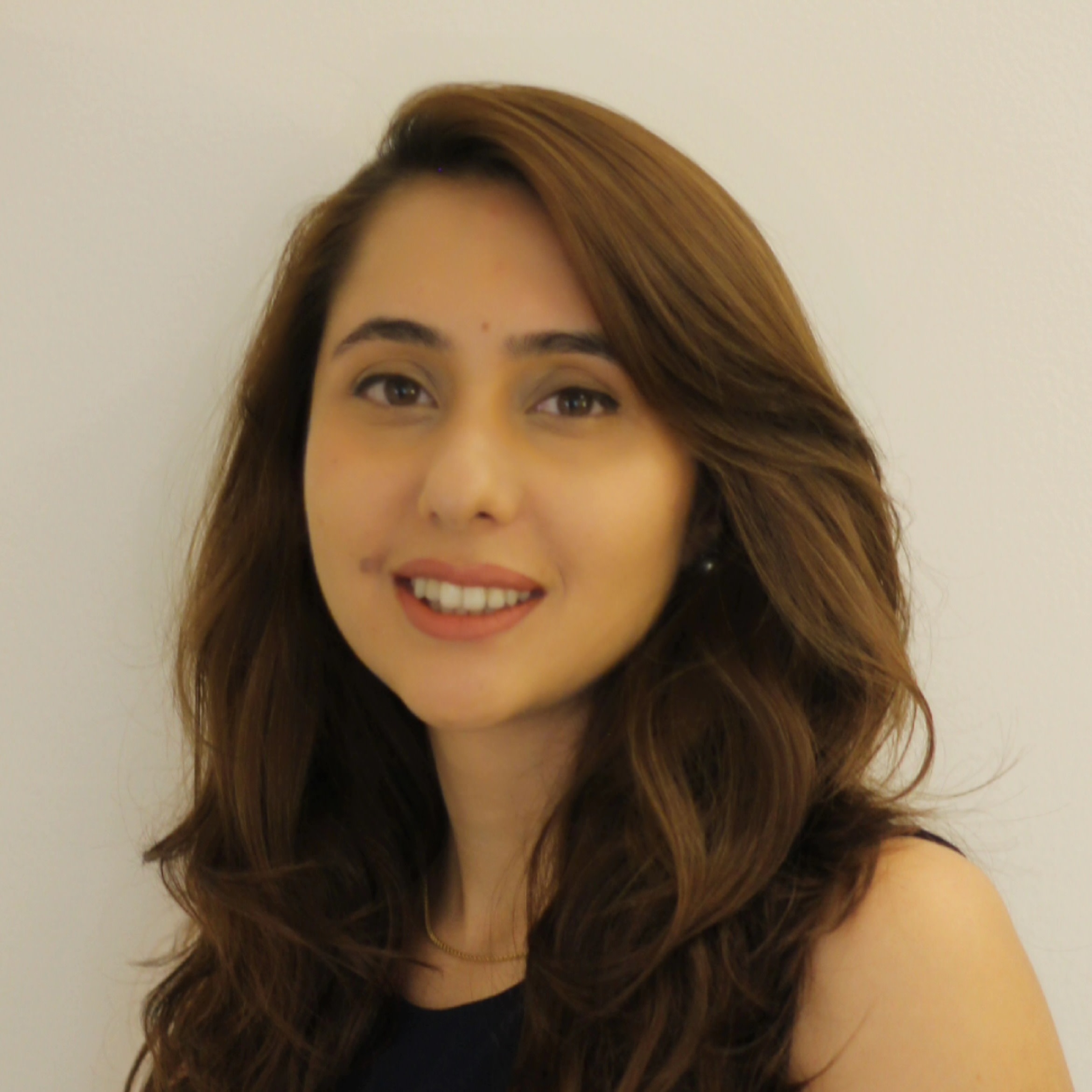
A conversation with Malala Fund Education Champions Sina Chowdhury and Runa Khan on girls' education and climate action ahead of COP27 in Egypt.
In the wetland regions of Bangladesh, monsoon season is longer and more intense every year, with flood waters remaining anywhere from six to eight months. Frequent climate-related disasters are destroying crops and livelihoods, limiting access to essential services and forcing many girls out of school. To call attention to the crisis, activists Sina Chowdhury and Runa Khan are headed to the United Nations Framework Convention on Climate Change (COP27) summit to advocate for education, equality and the need for urgent climate action.
Sina and Runa both are members of the Bangladesh chapter of Malala Fund’s Education Champion Network. Sina works as the Deputy Director of People’s Oriented Program Implementation (POPI), an organisation that uses its Malala Fund grant to keep girls from wetlands areas in school by offering programmes focused on education, climate adaptation and supporting the community’s water, sanitation and health needs.
“Child marriage is a major impact of climate change. When [a family’s] livelihood is impacted the first thing that comes to mind is marrying off girls so there are less mouths to feed,” says Sina. To combat this, POPI developed a programme to turn row boats into floating schools. “Land is scarce and school buildings are difficult to construct,” explains Sina. “There is no space to run traditional schools. When the school comes to them, people are more likely to allow children, especially girls, to attend.”
As the Founder and Executive Director of Friendship, Runa also works to provide support for climate-impacted communities in northern Bangladesh and advocates for climate justice. She says: “Climate victims, by no fault of their own, are suffering the [worst] impacts of climate change. In spite of their great strength, courage and resilience, people are dealing with floods, land breaks, cyclones and salt water sweeping into their land. Women are having miscarriage after miscarriage because they are drinking saline water.” With the grant from Malala Fund, Friendship works to increase girls’ access to digital tools, build climate resilience and train young climate advocates.
While at COP27, Sina and Runa hope to highlight the challenges faced by their communities on a global stage, call for accountability from the highest carbon-emitting countries and advocate for increased investment in national climate adaptation efforts. Sina explains: “People need support with diversification of agriculture and the technical know-how to grow crops scientifically.” Countries also need to keep girls learning. “Education is a tool that makes survival dignified. Secondly, it’s a tool for ensuring social injustice can be prevented. It is a tool for hope,” adds Runa.
Research from Malala Fund indicates that if current trends continue, by 2025 climate change will be a contributing factor in preventing at least 12.5 million girls finishing school each year. If leaders took steps to keep these girls learning, the whole world would benefit. Girls’ education is one of the most effective, underutilised strategies leaders can use to help communities better withstand the effects of climate change and reduce the rate and impact of global warming.
Young women and education activists from climate-impacted communities are best placed to identify solutions. Many are demanding urgent action in any way they can. But their perspectives are often missing from decision-making tables. Runa wants to see more opportunities for participatory decision-making: “Media, decision makers and people impacted — boys, girls, old people — have to be at the same table and heard. Something needs to change.”
Malala Fund stands committed to amplifying the voices of those closest to the issue. Ayesha Kareem, a Malala Fund Girl Advocate Programme Fellow, will also join the organisation’s COP27 delegation. As a doctor and activist, Ayesha campaigns for girls’ education, health and climate justice. She recently wrote a piece in Assembly about the current flooding in her country — and how she wants leaders to take action. Malala Fund is also supporting 10 young climate activists from Nala Feminist Collective and Rise Up Movement, Africa to attend.
Leaders at COP27 have the power to change the trajectory of girls’ futures by taking urgent climate action this week. Reducing emissions, supporting adaptation efforts and investing in education equality is key to a greener, fairer future for all.
